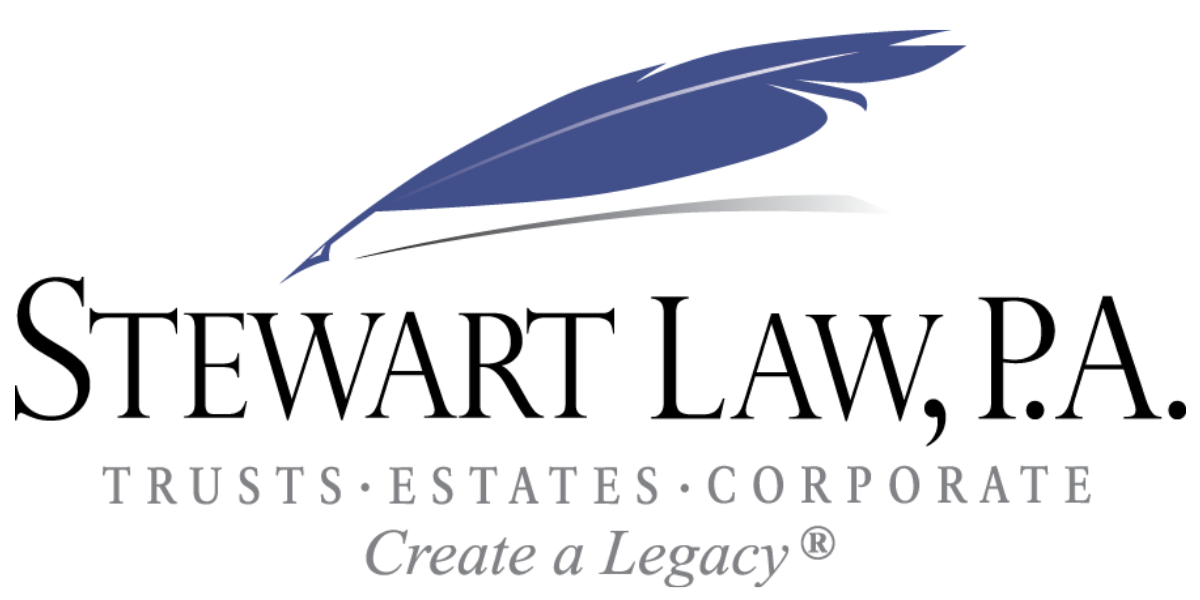Saving self-employment (SE) tax on the business earnings of a partner or sole proprietor can be significant, with rates from 2.9% to 15.3%. Partners in some cases have avoided this SE tax on their distributive share for an interest as a limited partner in a limited partnership (LP). Today, however, LLCs are in much more common use than LPs for business and investment purposes. This makes it unfortunate that it’s still not clear that a passive member of an LLC can avoid the SE tax. Recently though, the Tax Court allowed limited partner treatment to a passive member of an […]
Read More
“When is the right time to create an estate plan?” “Am I too young to write a Will?” “Do I have enough assets?” These are a few common questions clients ask when inquiring with our team. Simply put, regardless of age and assets, every adult benefits from having the proper estate planning techniques in place. While the motives of creating an estate plan may vary for each individual, taking the time to create one should be a top priority at every stage of life. Deciding what age you should be when you are ready to create a Will is a […]
Read More
Here’s an idea that can be very powerful for some business owners. The 2017 Tax Act provides business owners with a 20% deduction on their business profits (Qualified Business Income or QBI). The catch is that the 20% is applied to taxable income if that’s lower. In other words, if taxable income is going to be lower than QBI, then you miss the opportunity to have some income that will receive a 20% deduction. Therefore, if you accelerate income, some of the cost of doing so will be eliminated by the increase you are creating with a larger QBI deduction. […]
Read More
$22.8 Million is probably not a fair approximation of the exclusion amount couples have to protect property from the estate tax. For this to be true, both spouses would need to die before 2026. Otherwise, the language of the Internal Revenue Code appears to make clear that the survivor has at most only two times the then-current exclusion (i.e., after 2026 this is $5 Million X 2 = $10 Million [adjusted for inflation]). One consequence of this is that if you are a surviving spouse who had transferred to them the decedent spouse’s full exclusion, you should consider making additional […]
Read More
By now, you’ve likely heard that certain businesses can qualify for a 20% income deduction under the new tax law. This is true for an “active trade or business.” Earlier this year the IRS issued a proposed safe harbor setting out how rental real estate activities can qualify as an active trade or business for the 20% business deduction. By safe harbor, we mean rules that should work, but taxpayers can still use case law to show their activities qualify as an active trade or business. In other words, this safe harbor can allow you to reduce the effective rate […]
Read More
Deferring taxable income to a later year is often an effective strategy for paying less in income taxes and keeping more of your wealth working for you. For example, if you are organized as an S Corporation or Partnership for income tax purposes and anticipate being in the same or a higher tax bracket in 2018 than in 2019, then you may benefit from deferring income into 2019. Here are four ways you might achieve this: (1) Cash Method of Accounting The Tax Cuts and Jobs Act (TCJA) expanded the number of businesses that can use the cash method of […]
Read More






